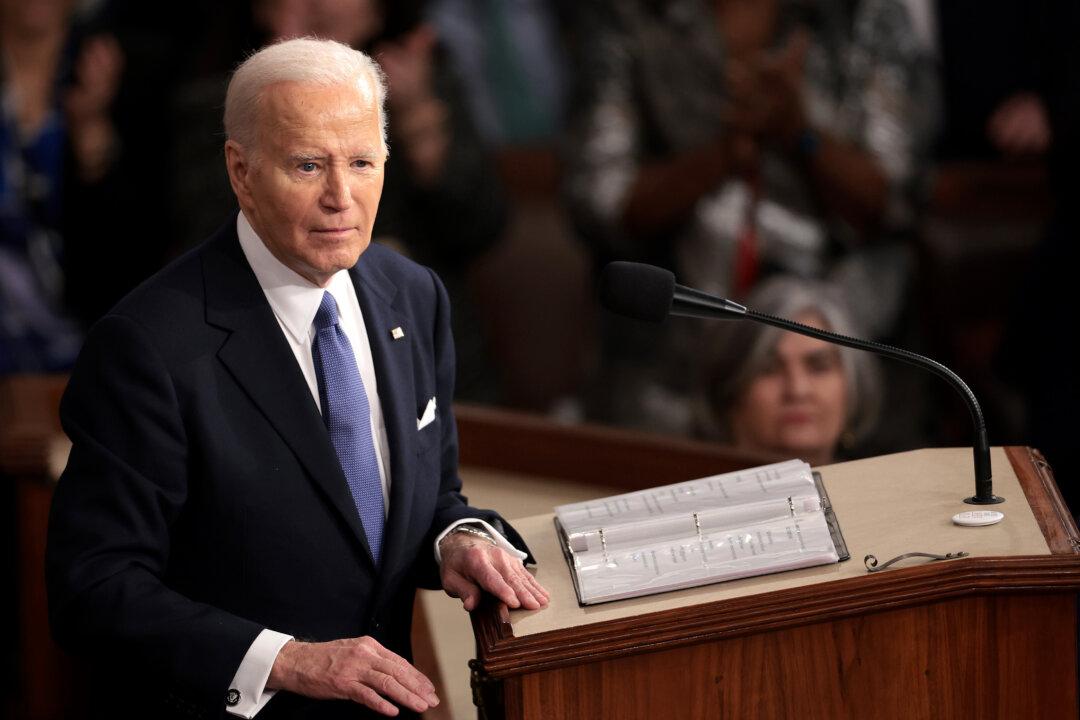President Joe Biden on March 9 signed a package of six government funding bills, narrowly averting a partial government shutdown, although a second tranche has yet to be finalized ahead of a looming March 22 deadline.
The president signed into law H.R. 4366, or the “Consolidated Appropriations Act, 2024,” which provides $460 billion in appropriations for several federal departments and agencies, the White House said in a statement.





